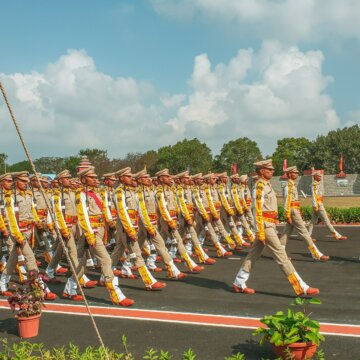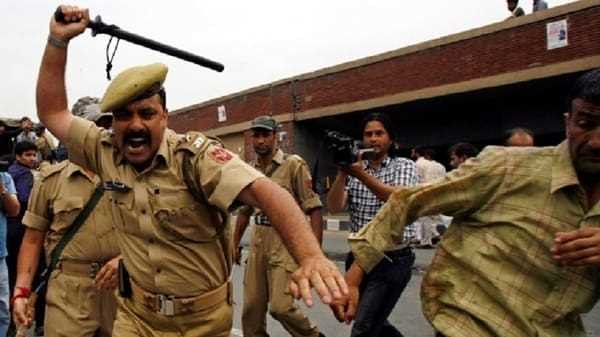- About
- Topics
- Story
- In-Depth
- Picks
- Opinion
- News
- Donate
- Signup for our newsletterOur Editors' Best Picks.Send
Read, Debate: Engage.
| topic: | Freedom of Expression |
|---|---|
| located: | India |
| editor: | Tish Sanghera |
The recent deportation of a British academic upon arriving in Kerala, a coastal state in the south of India, has raised alarms over the Indian government’s censorship of international scholars and their work.
Filippo Osella, Professor of Anthropology and South Asian Studies at the University of Sussex, has been visiting India since the 1980s. In late March, he was to attend a two-day meeting with local meteorological scientists working on developing early-warning weather forecasts to support the safety of coastal fishing communities. However, shortly after disembarking the plane, immigration officials stopped him and refused him entry.
According to his own recount of the experience, he was soon marched back onto the plane after complaining that the immigration officers “behaved in a remarkably rude and unprofessional way, even when I tried to explain that I was an academic who had been doing research in India for more than 30 years.” Osella was also denied access to his luggage to retrieve his blood pressure medications and was told that “unless [he] shut up immediately, [he] would be restrained by security.”
With over a year left on his research visa, the deportation order came as a surprise. An anonymous academic who has worked with Osella told The Indian Express he was “surprised at the decision to deport the scholar since his work rarely touched upon hot-button political issues of the day.” Although he had studied the Muslim community in Kerala, “these were works that he did at least a decade ago and he always stayed away from political Islam and related controversial topics,” the academic added. Osella has surmised that his deportation could be a result of the Pakistani visas in his passport - which is often a red flag for Indian officials given the animosity between the two countries.
Tightening controls on academic freedom have seen an upward trend across India in recent years. In 2018 Kathryn Hummel, an Australian writer was deported without reason upon arriving in Bangalore and in late 2021 the Ministry for External Affairs issued new rules for universities, requiring them to seek approval for online conferences with international speakers, when the topic relates to the security of the Indian state or issues which are “clearly related to India’s internal matters.”
Academics are speaking out about the constricting environment. On news of Osella’s deportation, one commented “with this precedent, scholars critical of the regime are warned,” adding “in five years more, critical and self-reflexive social scientific analysis will have become extinct. How easy it has been to destroy the small gains Indian intellectuals had made.”
As for Osella, he notes that his “unfortunate experience does not even come close to the predicaments of many Indian colleagues whose freedom of academic expression in recent years has been severely constrained, often making them the object of censorship and disciplinary measures.” He hopes to return to Kerala soon.
Image by Abhishek Koli

